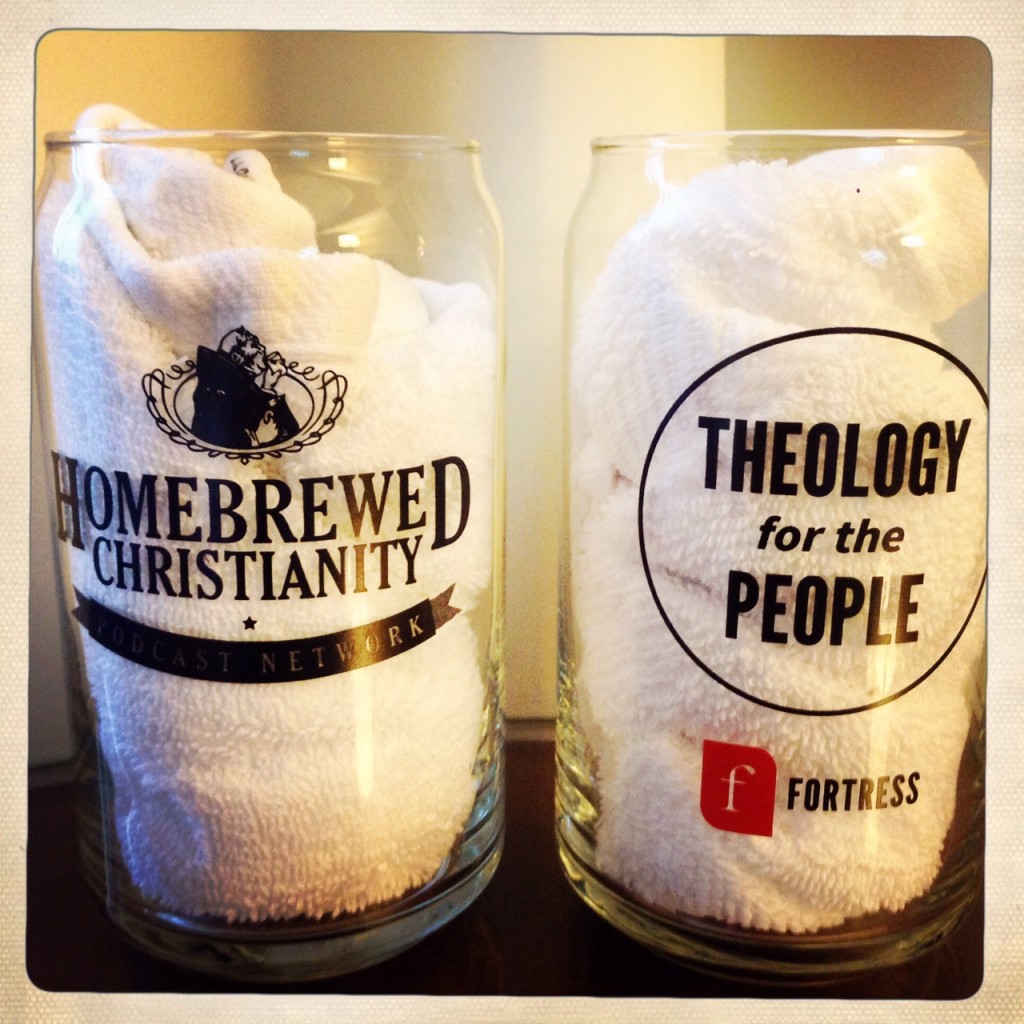The past two books I’ve read have been memoirs. Though this isn’t a genre that I’m naturally drawn to, maybe I was because I’ve got a bit of memoir in my new book. Early reviews of TNC are positive, but people are noting that it tells the emergent story from one perspective. That’s right: from mine! I understand this is a slanted perspective, but it is “truthful,” insofar as I’ve done my best to tell the emergent story accurately — but telling the story winsomely is more important than accuracy in a memoir.
That differs, of course, from autobiography. Jim McClendon, one of my mentors in seminary and an uncommonly bright and well-read man, once told me, “Autobiography is the art of self-deception.” (McClendon’s Biography as Theology is a fantastic book.) As we’ve all seen with the recent memoir fiascos (and Oprah’s scoldings), memoirs treat the “truth” differently than biographies and autobiographies.
The first memoir, which I read on my Ireland trip, was Crazy for God by Frank Schaeffer. Frank is the son of Francis, the famous Reformed evangelical who founded a community called L’Abri in Switzerland. Not growing up evangelical, I didn’t hear of Schaeffer until seminary, and I’ve never read a book about him. Francis Schaeffer’s name comes up occasionally in emergent conversations, usually as a guy who engaged culture but stayed true to inerrancy and conservative, Reformed doctrine. For those who hold that position, I say: read this book, and you will be disabused of many of the notions you hold about old Francis. He was a tortured man who beat his wife and battled suicidal depressions, but he was also a brilliant and undereducated autodidact. In the end, Frank writes, his dad was co-opted by the nascent Religious Right figures like James Dobson into shilling for them by making abortion his number one issue, though it was an issue he didn’t really care that much about. (I was disappointed that I found at least a dozen grammatical errors in this book — it needed a better copy editor!)
What was so interesting in reading Frank’s memoir was how the ministry and ideology of Francis and Edith Schaeffer really paved the road for today’s Mark Driscolls and the many other young, Reformed souls who want to be culturally edgy and theologically conservative. It seems that Schaeffer is the patron saint of the neo-Reformed movement. (Speaking of that, I’m now back to reading Marsden’s magesterial Jonathan Edwards: A Life to get a better grasp of their other patron saint.)
Then, in the Dublin Airport, I purchased Angela’s Ashes, by Frank McCourt (it seemed fitting to read an Irish memoir on the way home). I tore through this book — it’s one of those books you carry around and read at every spare moment. The writing is remarkable, and the story of a childhood of Irish poverty is compelling. It’s a great book, and it causes one to appreciate how good I’ve got it — and to remember that many around the world still live in that kind of poverty.
Now I’m reading Ian McEwan’s Atonement (not because there’s a movie out) and the Edward’s biography.











